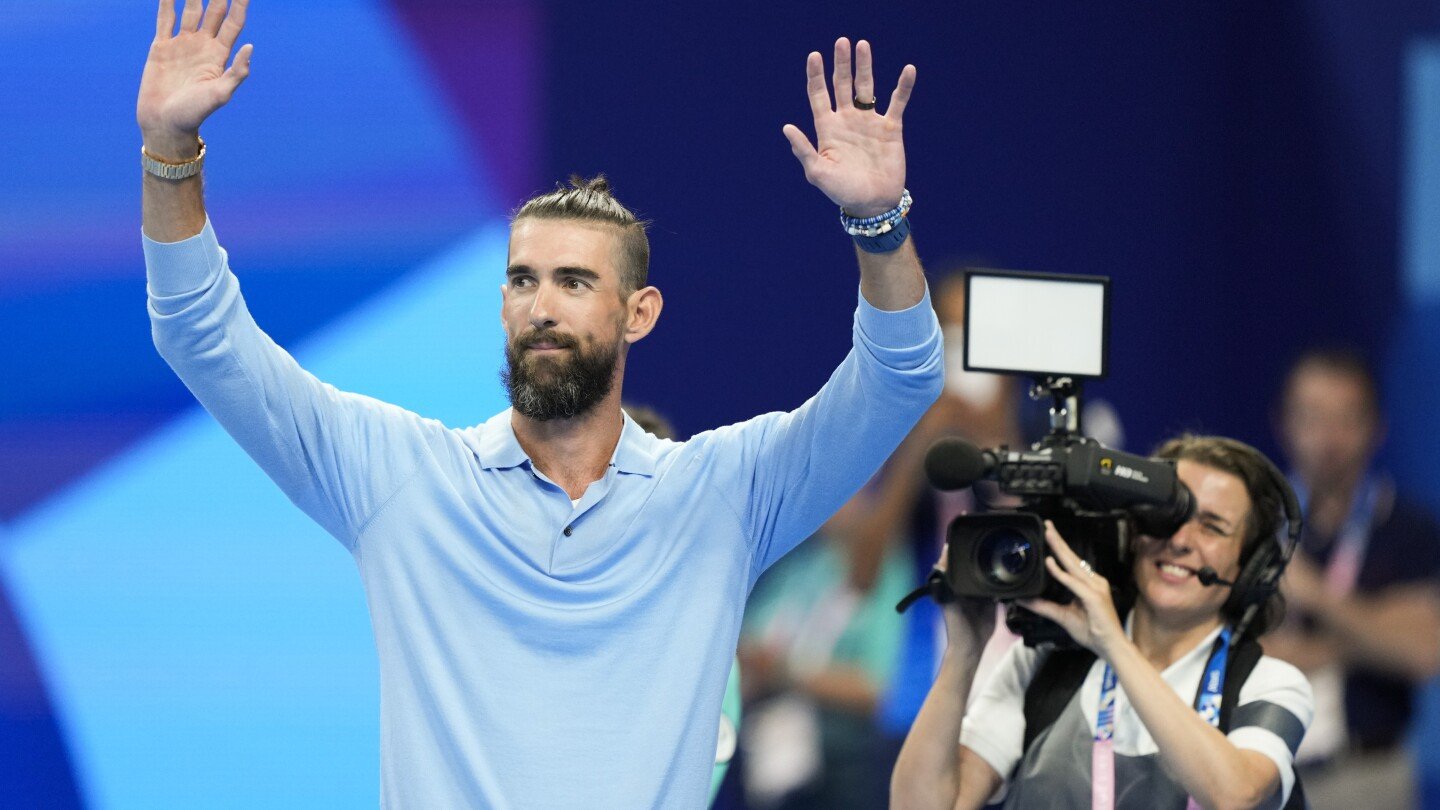In the wake of a Chinese doping scandal, Michael Phelps doubled down Monday on his support for tougher sanctions — including a lifetime ban for anyone who tests positive for a banned substance.
“If you test positive, you should never be allowed to come back and compete again, cut and dry,” Phelps said. “I believe one and done.”
The World Anti-Doping Agency and World Aquatics have acknowledged that 23 Chinese swimmers tested positive for a banned substance ahead of the Tokyo Olympics. The results were not made public until media reports surfaced this year, with both bodies accepting the Chinese explanation that the positive tests were caused by tainted food.
Nine of those swimmers won medals - several as part of relay teams - n Paris, leading British star Adam Peaty to gripe that the playing field was not even.



Ehhhh I think there might be place for a little more subtlety. Someone who’s admitted to doing so probably doesn’t deserve to be banned from participating in a sport they probably love. And a hard line might encourage people to take the denial till death approach which can make things annoying
I would say that rule should only apply to purposefully taking something for an unfair advantage to juke the competition, like most steroids.
For the ones where the only reported reasoning is being harmful to the user or has a potential for abuse, I would say the decision be on a case by case basis.
My reasoning is that there are also people who’ve turned their lives around and quit the substances in question. Being banned when you are fully “legit” would be extremely demotivational and can increase relapsing. It could also be controversial to one of the ideals of the Olympics; overcoming adversity to be the best you can be.